Mozambique: Chapo appoints eight presidential advisors, Vice-Rector of Pedagogical University
Joint Commission to set up new working group for decentralisation – AIM report
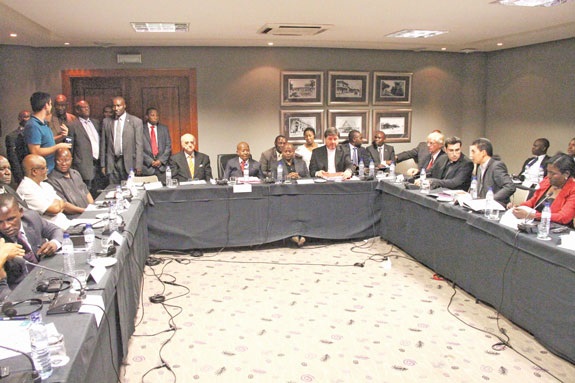
Noticias
The Joint Commission formed between the Mozambican government and the Renamo rebels on Wednesday decided to set up a working group to draw up principles to guide a future law on decentralisation.
Speaking to reporters after a plenary session of the Commission, the head of the government delegation, former security minister Jacinto Veloso, said that the members of this working group will be appointed by President Filipe Nyusi and Renamo leader Afonso Dhlakama.
“The parties realized that the best way of speeding up the process of approving, or creating, or drawing up legislation on decentralisation is by creating a flexible working group, small and competent, capable of drafting is as short a period of time as possible the philosophy and principles that should be observed in such legislation”, said Veloso.
As for the international mediating team, it had not yet been decided whether any of them would take part in the working group. This and other practical issues concerned with how the group should function will be discussed when the Joint Commission meets again on Thursday.
This was the third plenary session since the Commission resumed its work in the second week of November. Most of this time has been occupied with bilateral meetings as the mediators met first with the government delegation, then with Renamo, in repeated attempts to reach a consensual position on decentralisation.
It is not at all clear why a new working group is needed, since in August the Joint Commission set up a sub-commission to draw up a package of constitutional amendments and new or amended laws on decentralisation, which should all be in force before the next general elections, scheduled for 2019.
As far as is publicly known, that sub-commission has produced nothing at all, and certainly no new bills or draft constitutional amendments have gone before the country’s parliament, the Assembly of the Republic.
In the absence of anything from the sub-commission, the mediators produced their own proposal on decentralisation at the end of the fourth round of talks in late October, and left it with the two delegations for their comments. The mediators hoped that when the fifth round started, in November, it would be possible to reach consensus.
But despite the mediators redrafting their proposal after repeated meetings with both sides, no consensual position has emerged.
The main contentious issue is clearly Renamo’s demand that it should be allowed to govern six central and northern provinces where it claims to have won the 2014 general elections. Most of the mediators’ October proposal concerned provincial governance – but it avoided saying how many (if any) provinces should be delivered into Renamo’s hands.
The mediators had hoped that a consensual position on decentralisation could be submitted to the Assembly in November, allowing legislation to be passed in this parliamentary sitting. That proved impossible, and with a new working group being established it is clearly out of the question for any proposal to be debated in the Assembly before the current sitting ends on 20 December.
Meanwhile Renamo’s illicit militia has continued to stage ambushes on roads in the central provinces, and no moves at all have been taken to disarm and demobilise the Renamo gunmen.


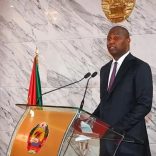
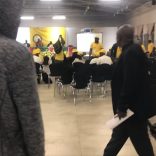
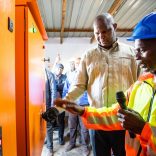

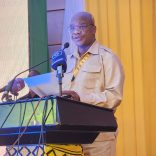
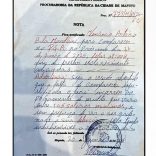





Leave a Reply
Be the First to Comment!
You must be logged in to post a comment.
You must be logged in to post a comment.